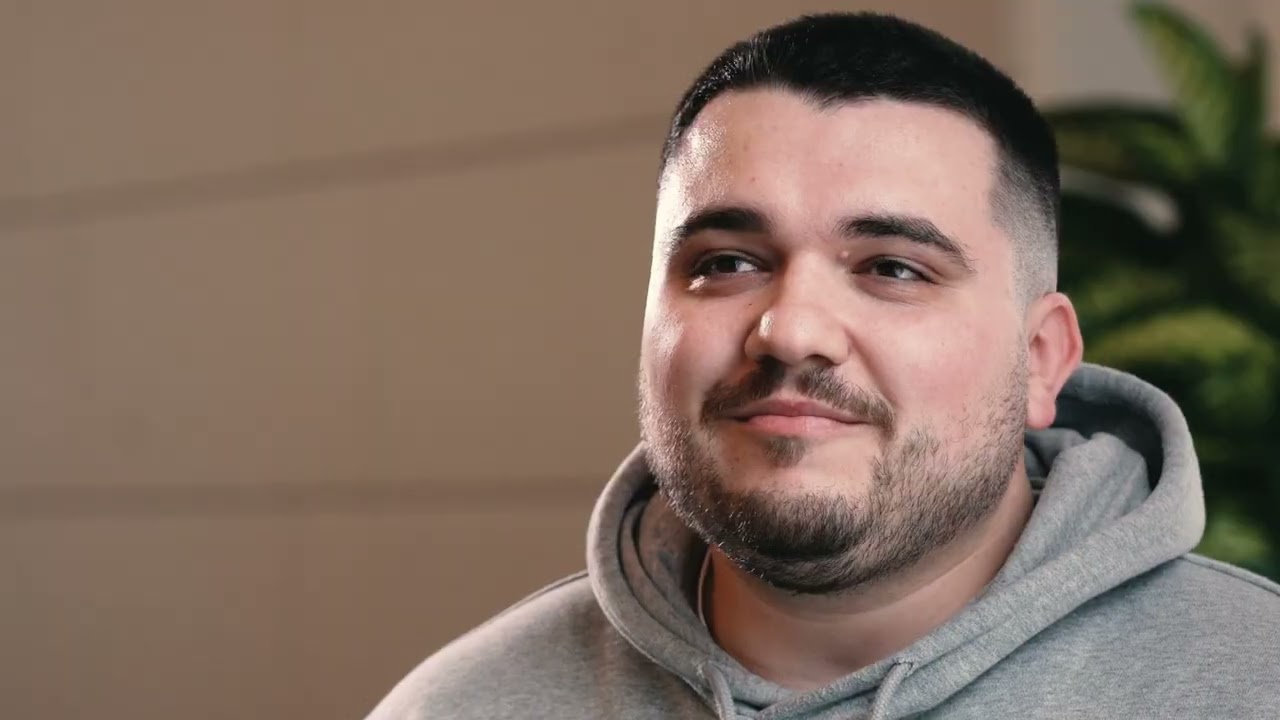
Biblical Counseling
The Biblical Counseling program is geared towards regular church members who desire to grow in their ability to disciple others. It exists to advance practical biblical counseling ministry in the church and provide support for this very important work.
Biblical counseling is not a subject limited only to church leaders. It is the responsibility of every believer to encourage one another in love.
As in other areas of life, the Bible gives specific instructions and patterns by which our counseling ministries should be evaluated. We ought to consider how we can better serve our brothers and sisters in the faith according to the pattern Jesus has set for us. And what better way to serve your neighbor than to care for his or her soul?
When it comes to counseling we do not want to merely give advice. Rather, we want to come alongside our friends in word and deed with counsel that is specifically from the Bible. In this way our hearts and minds will be set on our sovereign God above so that we may honor and glorify him.

Mit dem Laden des Videos akzeptieren Sie die Datenschutzerklärung von YouTube.
Mehr erfahren
In this course, the following topics will be covered in detail:
Everyone is a theologian, even the atheist. Thus, the crucial question is: am I a good or a bad theologian? All people have a theology because all people have a set of beliefs about God. These beliefs are only true if they agree with what the Bible says, because Scripture is the only source that makes truthful and inerrant statements about God and His work.
Over two years, the following areas of theology are examined and presented systematically:
At the same time, there is an emphasis on apologetics, the defense of the faith.
This course is not intended to serve as a tribune for theological debate, but rather to provide an opportunity to know and love God more deeply. With the Bible in hand, the student is to know the majesty of God and be led to worship. This course is taught jointly with students from Expository Preaching and demonstrates the relevance and applicability of biblical teaching in both fields.
Many biblical counseling cases that arise in the church context are problems related to marriage and family. This course elaborates on the principles for biblical counseling in these critically important areas and explores how these principles can be applied in practical life. The Bible student is given insight and knowledge to adequately explain to counselees how to repent from sinful thinking and behavior in order to live out God’s purposes in their marriage and family.
This course focuses on personal character development. It is taught separately by gender. The goal of the course is to:
In this course, the student will learn how biblical principles are applied to specific counseling situations. This is done by watching, analyzing, and evaluating various videos of counseling cases. This course has been compiled using videos from IBCD (in cooperation with Faith Biblical Counseling Ministries, Dr. John Street, Dr. Jim Newheiser, and Dr. Heath Lambert).
The student will receive an introduction to the science and art of biblical interpretation (including an overview of the most significant interpretive approaches used throughout church history). The goal is to equip the student to accurately interpret passages of the Bible according to the various literary genres of the Bible. The normal grammatical-historical method of interpretation is emphasized.
In this course, each student will provide counseling to an individual(s) from a personal or church setting with whom they will work over the course of the entire year. In doing so, he/she will keep detailed records of the content and process of the counseling. Subsequently, the counseling case will be presented and discussed anonymously in class. The student will receive constructive feedback from the teacher and classmates for his/her actions.
The goal of this course is for the student to apply what he/she has learned in his/her environment, family, profession, and community by caring for the soul of his/her neighbor through intensive discipleship relationships.
In this course, the student will learn how to use the Scripture to identify and correct unbiblical ways of thinking and behaving.
These two subjects prepare students for possible ACBC certification. To this end, specific questions related to the theology and practice of biblical counseling are discussed and examined.